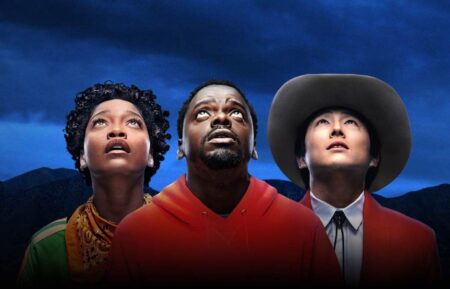Brooding, charismatic and sensuously evil villains were the stock and trade of Michael Wincott, a classically trained stage actor who first found broad recognition as the malevolent Guy of Gisborne in the Kevin Costner hit "Robin Hood: Prince of Thieves" (1991). The Toronto-born Wincott began acting in Canadian film and television before moving to New York City to attend Julliard School of Drama.
There, he established himself on stage in the original 1987 production of "Talk Radio" and on film in Oliver Stone's big screen adaptation of the play the following year. Wincott worked steadily on stage and television, appearing in two more back-to-back films for Oliver Stone, "Born of the Fourth of July" (1989) and "The Doors" (1991), but it would be his performance as Guy of Gisborne in "Robin Hood: Prince of Thieves" (1991) that would introduce Wincott to his then largest audience. His ability to play both menacing and seductive would see him frequently cast as villains, most notably in "The Three Musketeers" (1993), "The Crow" (1994), "Alien: Resurrection" (1997), "Along Came a Spider" (2001) and "The Count of Monte Cristo" (2002).
His signature baritone growl of a voice also made him a sought-after voice actor for such blockbuster videogames as "Halo 2" (2004) and "Darksiders 2" (2012). A talented and versatile actor on both stage and screen, Michael Wincott nevertheless embraced the mantle of a character actor and created some of the most memorable screen villains of the 1990s and 2000s.
Michael Anthony Claudio Wincott was born on Jan. 21, 1958 in Toronto, Ontario, Canada, and grew up in nearby suburban Scarborough. Wincott showed early talent, playing drums in local jazz bands as a teen and making his acting debut at age 21 in the Canadian production, "Wild Horse Hank" (1979), starring Linda Blair. Throughout the early 1980s, Wincott appeared in supporting roles in a number of Canadian films and television series, including a guest spot on the popular Canadian police series, "Night Heat" (CTV, 1985-89) starring his older brother, actor Jeff Wincott.
He first came to the United States to attend New York's Julliard School of Drama, and by the time he graduated in 1986, Wincott had established himself as an exciting new talent. He was soon working with director Michael Cimino on the feature film "The Sicilian" (1987) starring Christopher Lambert, and originating the role of Kent in the 1987 production of Eric Bogosian's "Talk Radio" at Joseph Papp's Public Theater. He reprised the role the following year in Oliver Stone's film adaptation of "Talk Radio," and then returned to the stage to appear on Broadway in the 1988 production of Caryl Churchill's "Serious Money." He also made his way onto American television with guest appearances on two Michael Mann-produced series, "Crime Story" (NBC, 1986-88) and "Miami Vice" (NBC, 1984-1990).
In 1989 and 1991, while starring on Broadway in "The Secret Rapture," the prolific Wincott made appearances in back-to-back films for director Oliver Stone, playing a wounded Vietnam veteran in "Born on the Fourth of July" starring Tom Cruise, and a slick record producer in "The Doors" starring Val Kilmer. In 1991, he would also originate the role of Stubbs in Sam Shepard's "States of Shock" opposite John Malkovitch, and deliver the film role with which he would long be most associated, the cruel Guy of Gisborne in "Robin Hood: Prince of Thieves," starring Kevin Costner as the iconic hero.
Wincott's impressive turn as the brutal and betrayed Gisborne led to an array of similarly villainous roles in "1492: Conquest of Paradise" (1992), "The Three Musketeers" (1993) and as the crime lord Top Dollar in "The Crow" (1994). Perhaps as a reaction to this studio typecasting, Wincott began to take on more complicated and unusual roles in independent films between his appearances as a blockbuster bad guy. A supporting role in Mario Van Peebles' "Panther" (1995) and a rare comedic turn in Jim Jarmusch's "Dead Man" (1995) off-set his villainy in Kathryn Bigelow's big-budget thriller, "Strange Days" (1995), just as his portrayal of art promoter Rene Ricard in Julian Schnabel's "Basquiat" (1996) counterbalanced his over-the-top nastiness in "Metro" (1997) and "Alien: Resurrection" (1997). Wincott took the lead role in "Gunshy" (1998) playing a quirky mobster, and then reteamed with Julian Schnabel to appear in the biopic of Cuban writer Reinaldo Arenas, "Before Night Falls" (2000).
The early 2000s saw Wincott back in wicked form as a manipulative kidnapper in "Along Came a Spider" (2001), the sadistic Dorleac in "The Count of Monte Cristo" (2002), and the mutinous alien Scroop in the animated film, "Treasure Planet" (2002), which made great use of Wincott's gravel-textured baritone voice. He would put that newly discovered talent for voice acting to work in videogames like "Halo 2" (2004) and "Narc" (2005). Working in the new medium seemed to provide Wincott with a new sense of freedom in his choice of roles.
In "Seraphim Falls" (2006), starring Peirce Brosnan and Liam Neeson, Wincott struck a balance between his good and evil roles playing a relentless bounty hunter, and then returned to work for Julian Schnabel once more, playing a fashion photographer in the acclaimed, "The Diving Bell and the Butterfly" (2007). Barry Levinson then cast Wincott as a comically temperamental director in "What Just Happened?" starring Robert Deniro, but it would be voicing characters in videogames such as "Syndicate" (2012), "Infex" (2012) and "Darksiders 2" (2012) that kept him consistently employed. In 2012, Wincott took on one of his most sinister roles, appearing as notorious serial killer Ed Gein, the inspiration for Norman Bates of "Psycho," in the biopic "Hitchcock."
By John Crye
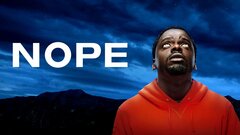
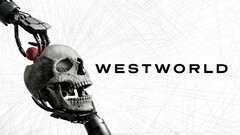

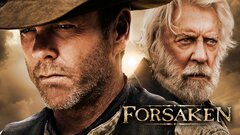



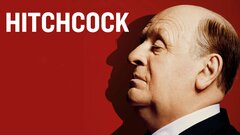


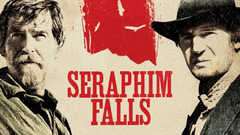

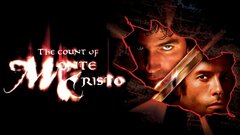

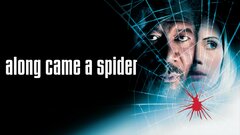




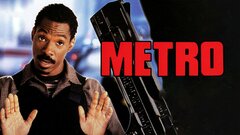

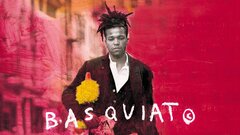


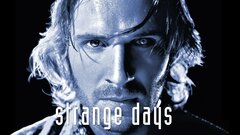
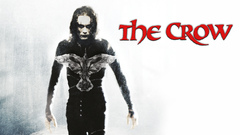
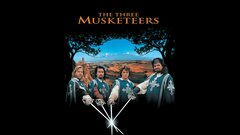

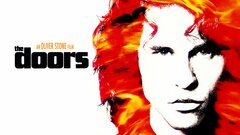
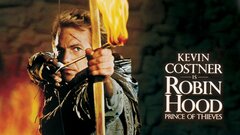


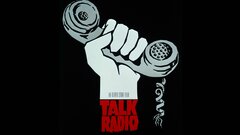
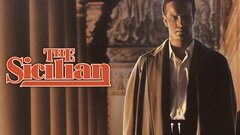


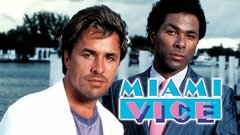





![Michael Wincott at arrivals for NOPE Premiere, TCL Chinese Theatre, Los Angeles, CA July 18, 2022. Photo By: Elizabeth Goodenough/Everett Collection (Newscom TagID: evphotostwo371489.jpg) [Photo via Newscom]](https://media.baselineresearch.com/images/2002361/2002361_small.jpg)
![Michael Wincott at arrivals for NOPE Premiere, TCL Chinese Theatre, Los Angeles, CA July 18, 2022. Photo By: Elizabeth Goodenough/Everett Collection (Newscom TagID: evphotostwo371487.jpg) [Photo via Newscom]](https://media.baselineresearch.com/images/2002387/2002387_small.jpg)

































